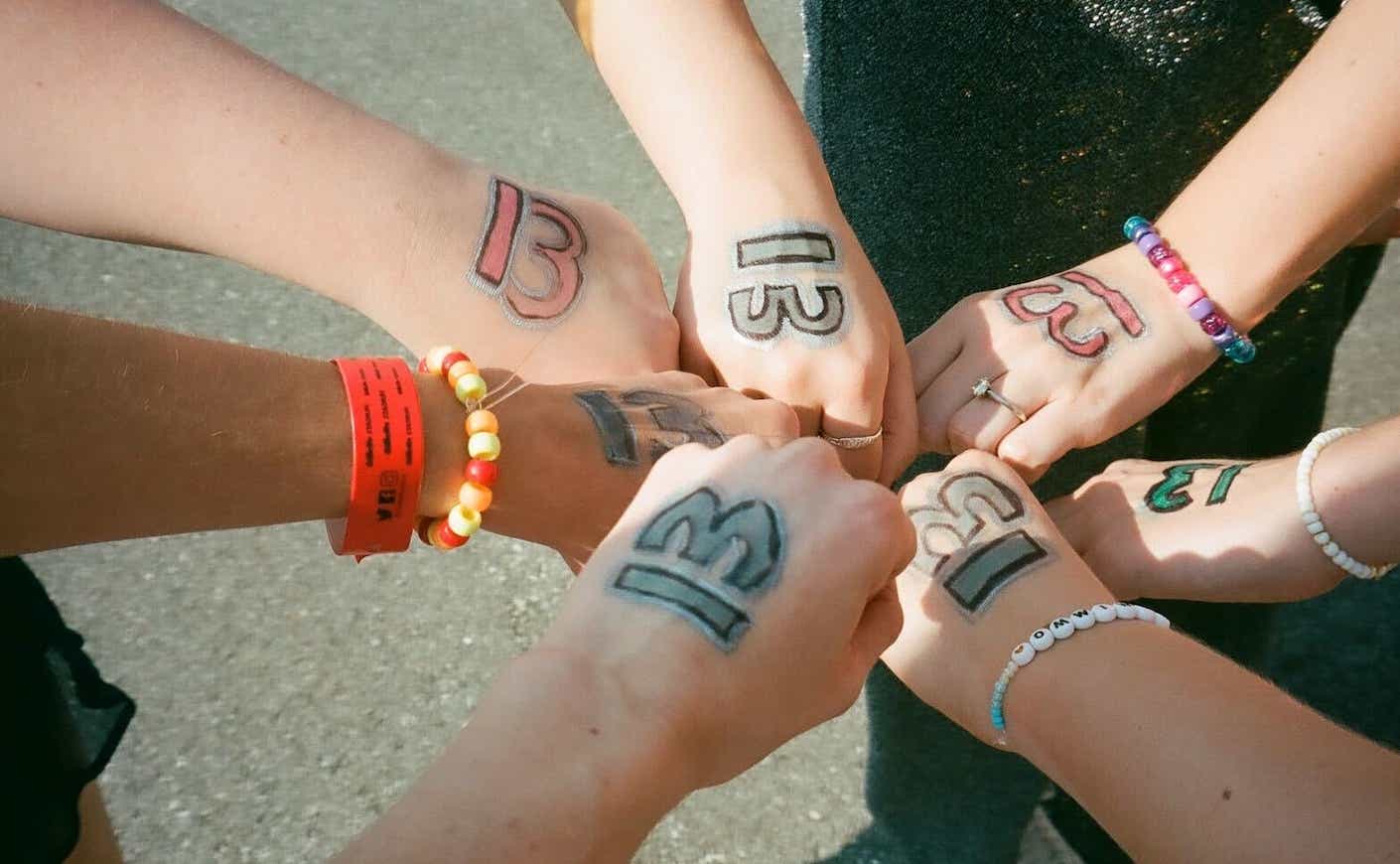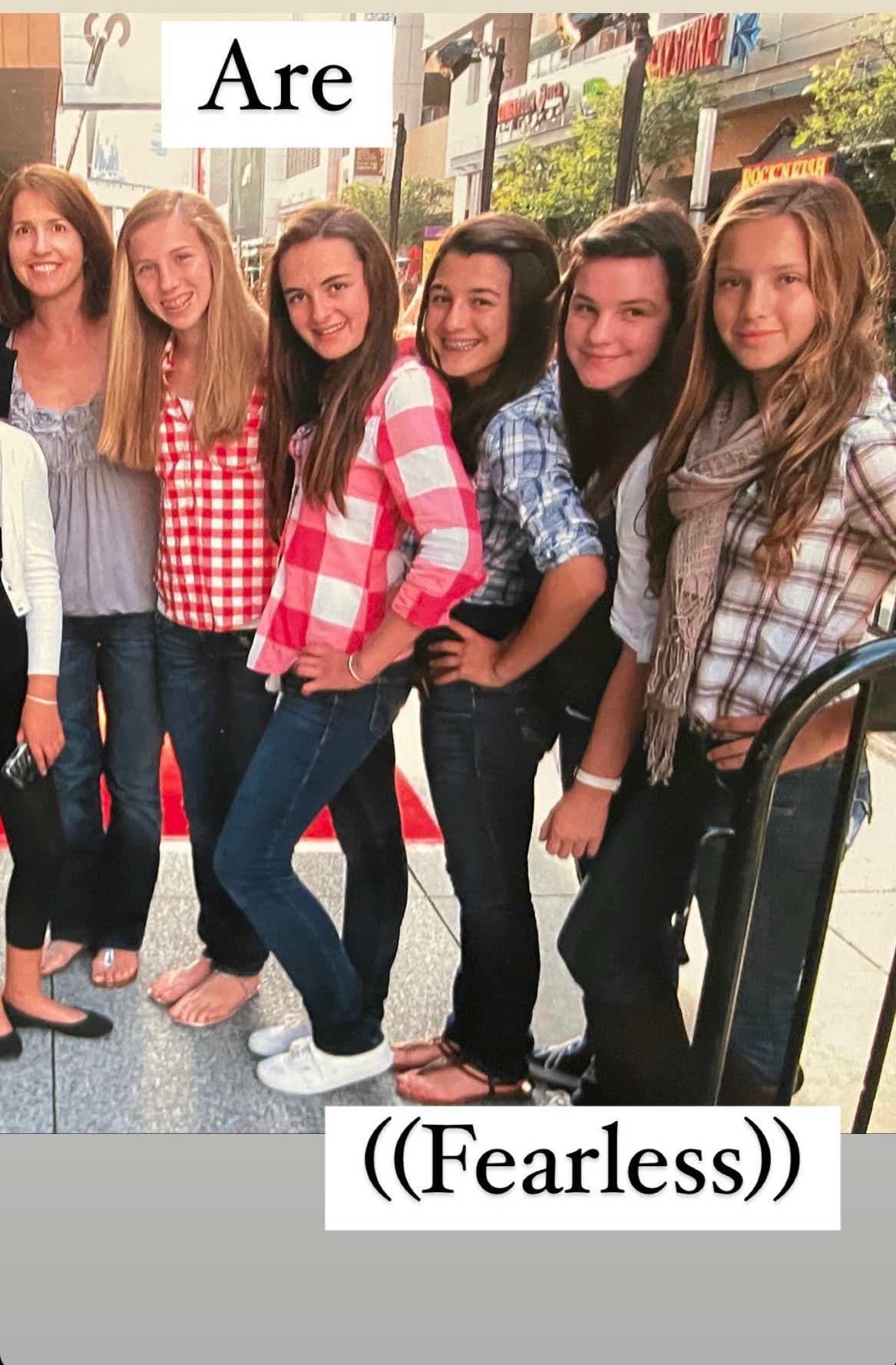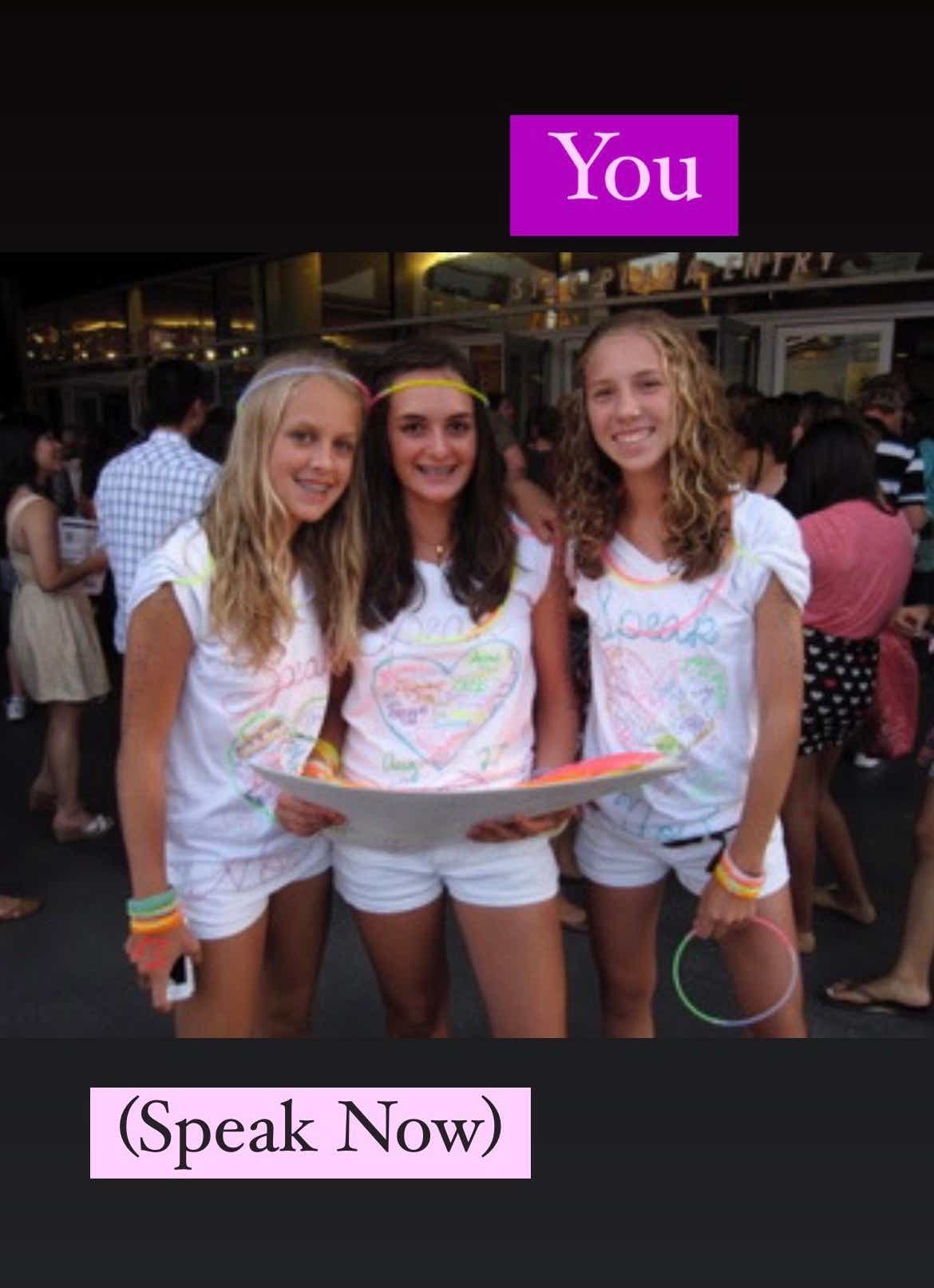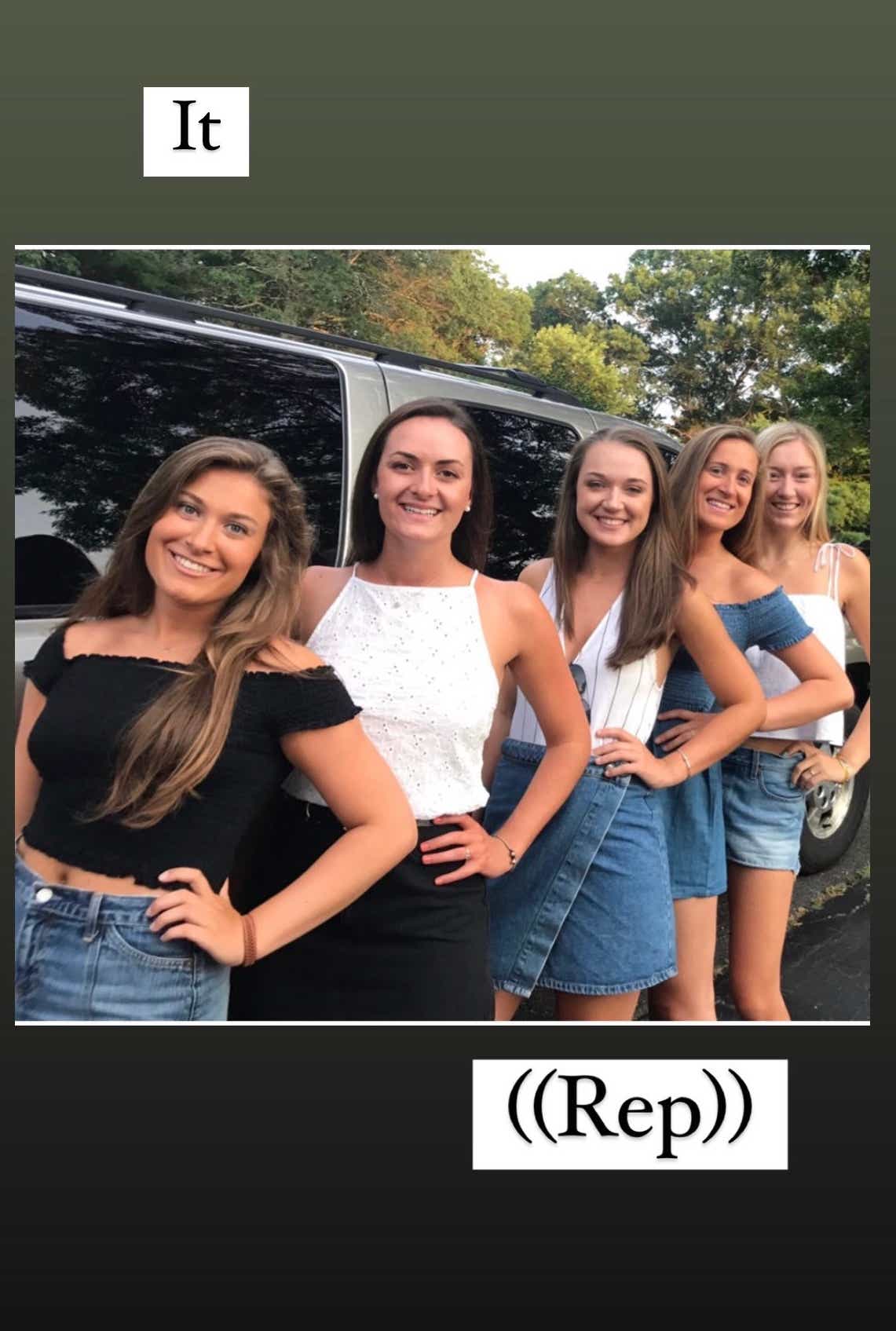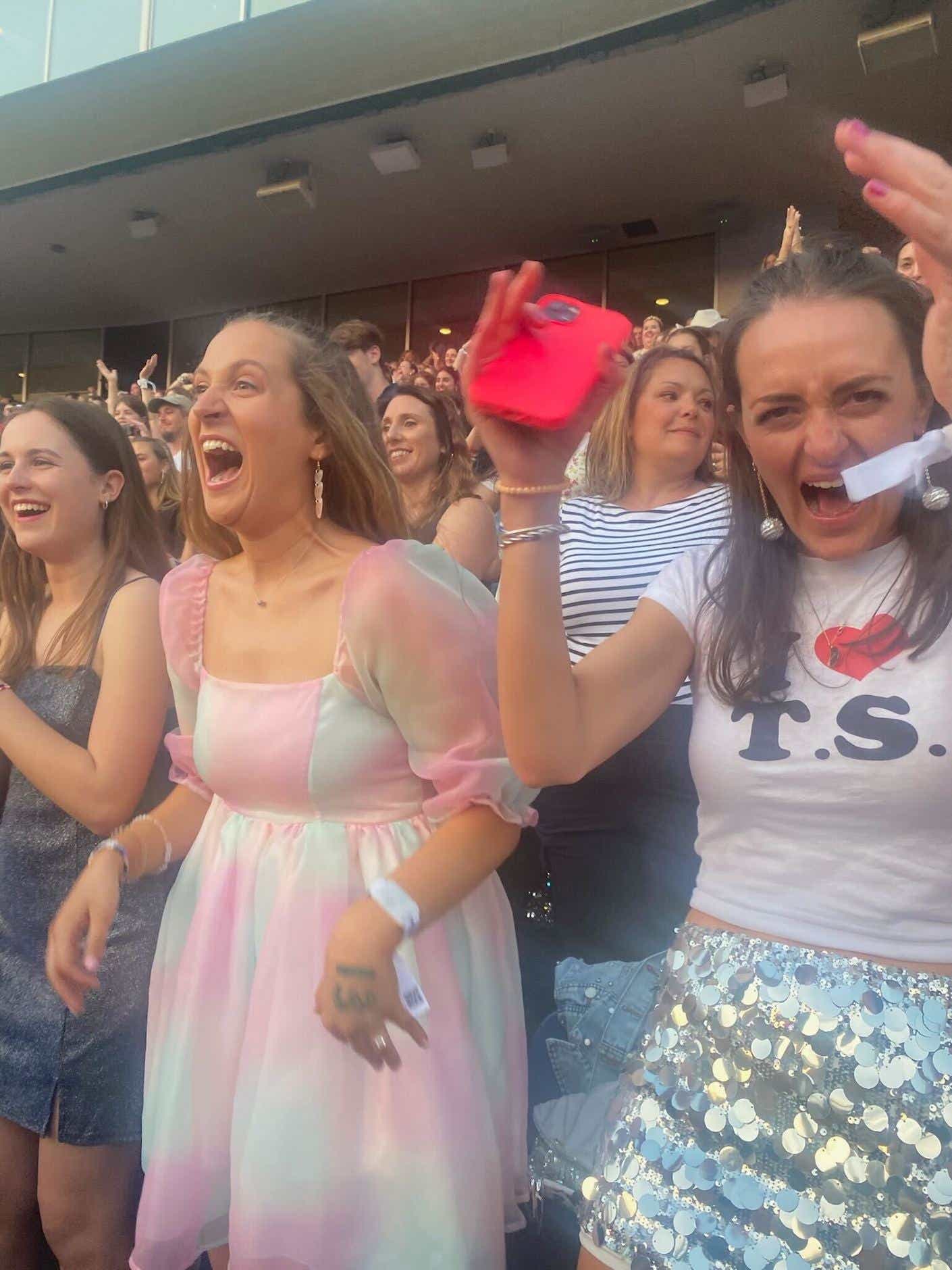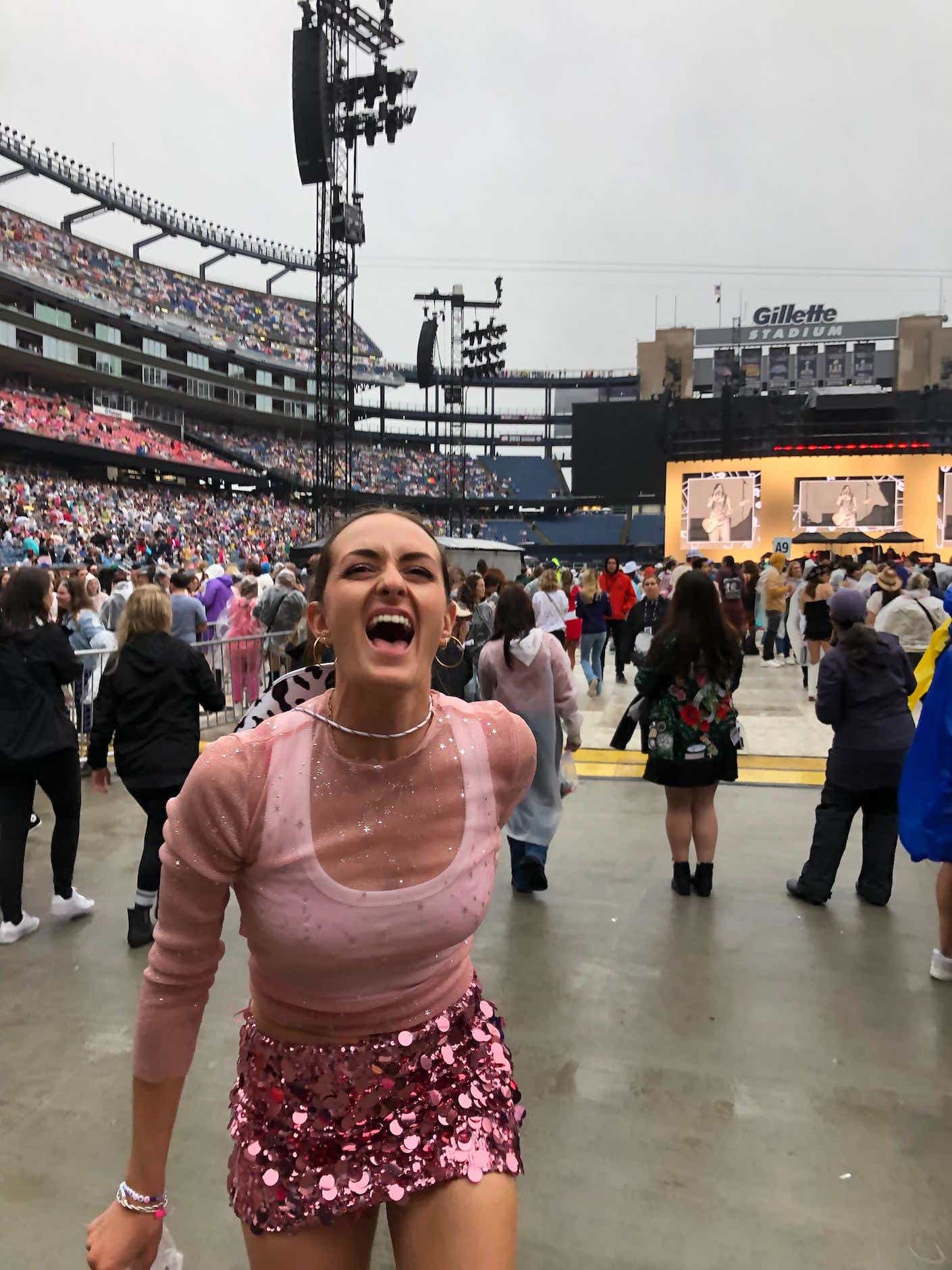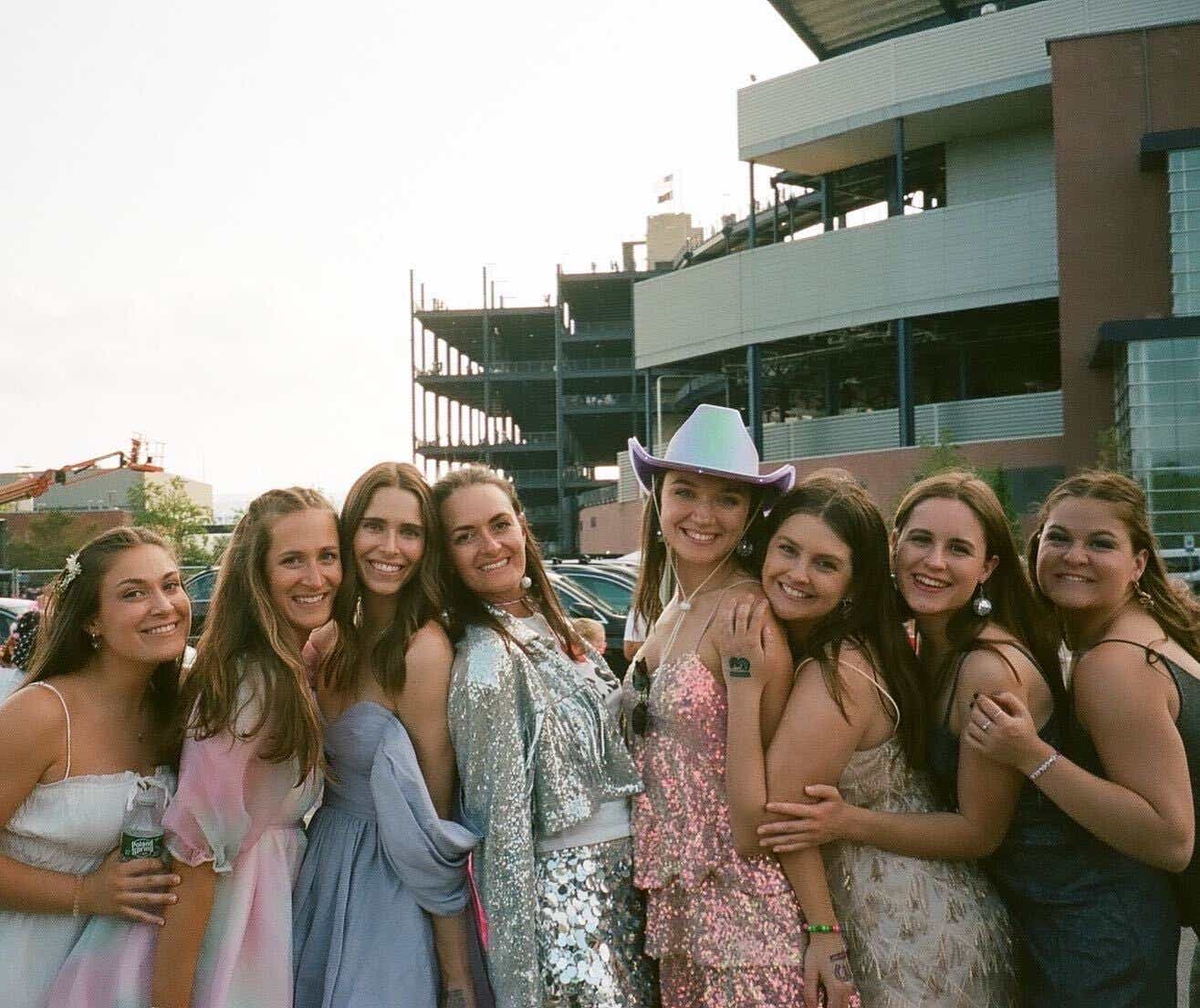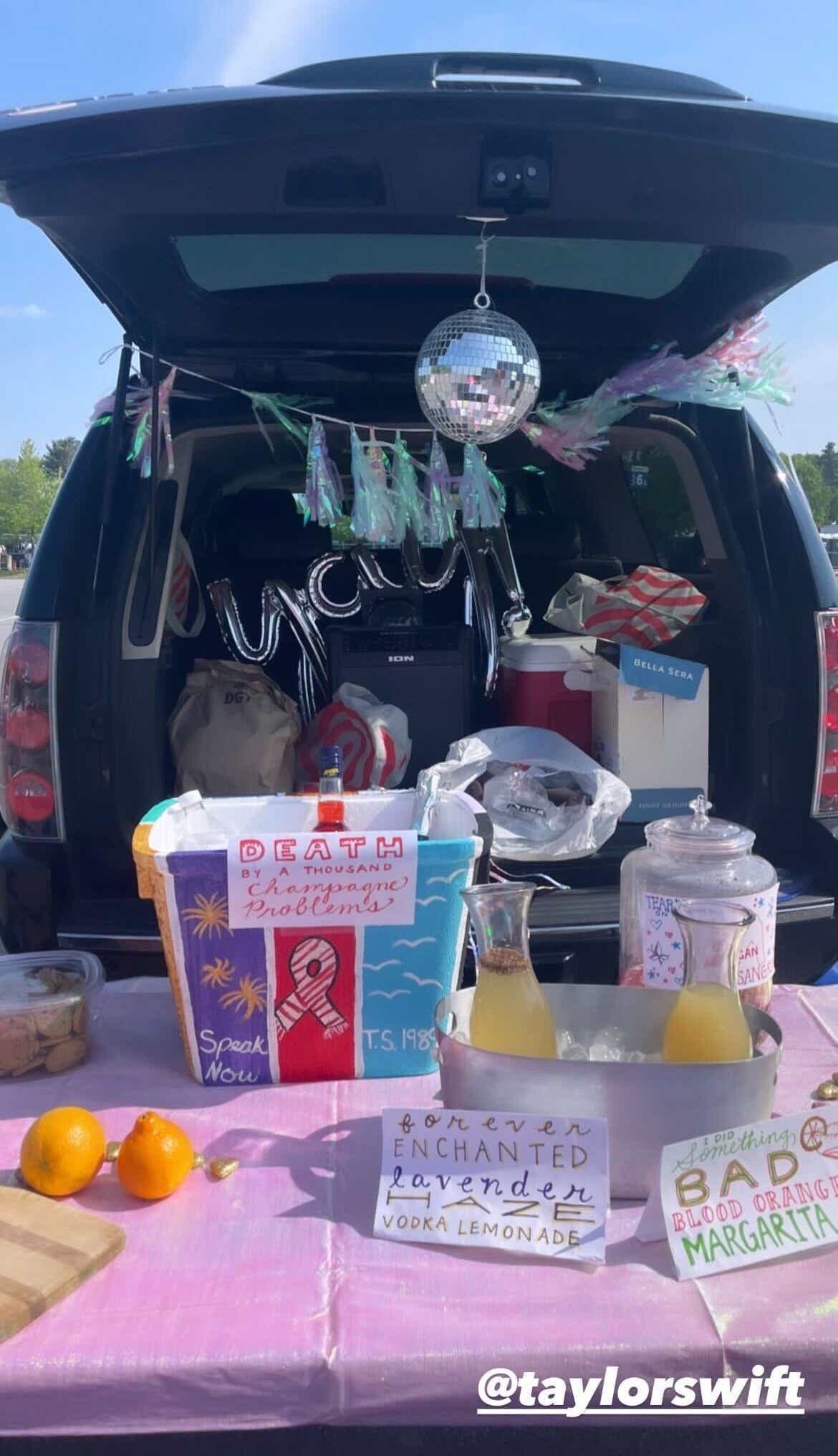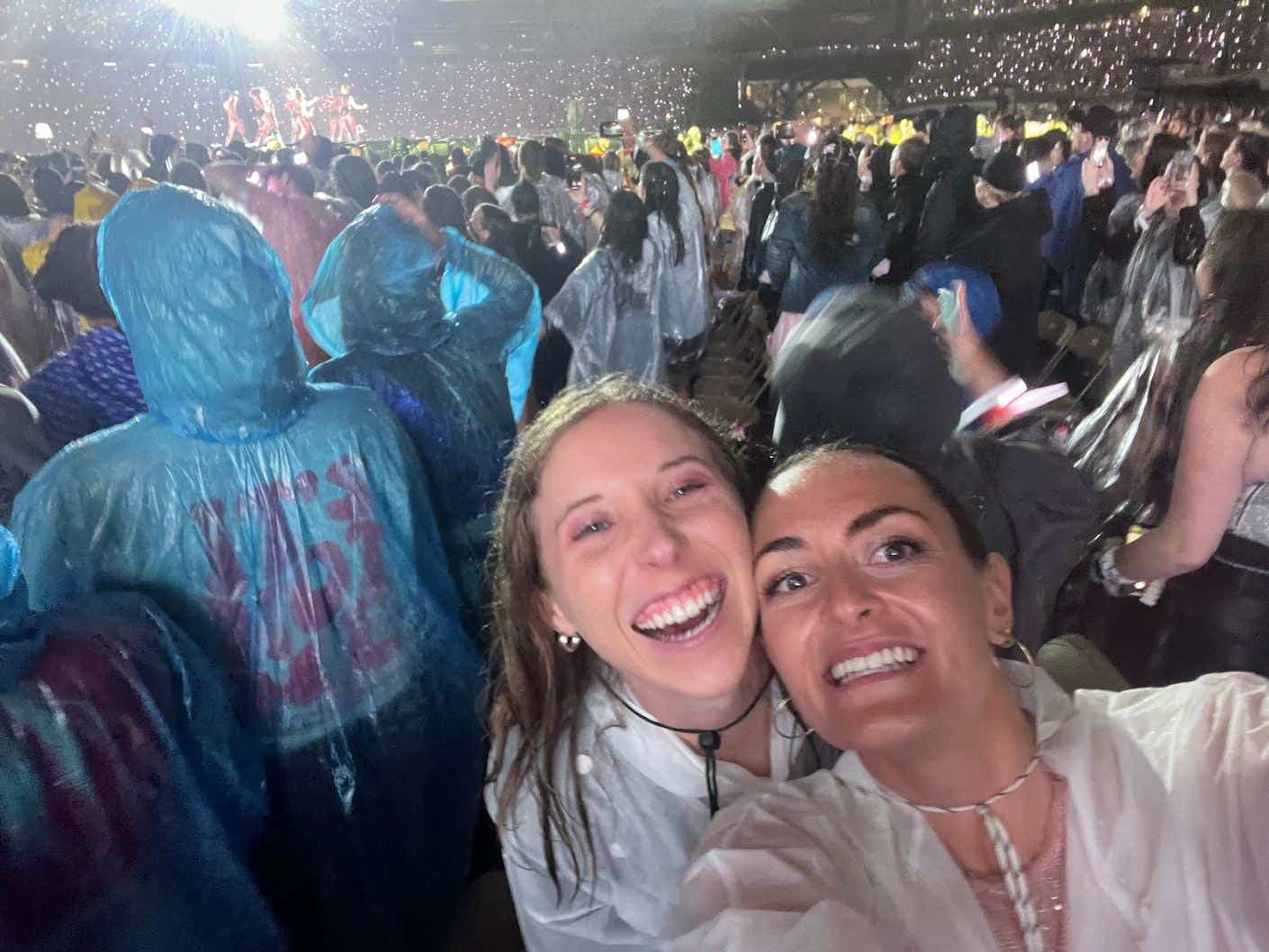“It’s been a long time coming” reverberates through the stadium in the moments before Taylor Swift takes the stage for her Eras tour. It has been a long time coming: It’s been five years since her Reputation Stadium tour, and three since Covid took 2020’s Loverfest from us. On top of that, since we were all last together, Taylor has released four new albums and re-released two others.
Now with a total of 10 albums to commemorate, Swifties had dreamt of a show that would revisit Miss Swift’s entire body of work. When Eras was announced, it felt like a rallying cry for millions of fans across the globe.
The two Eras shows I attended (Foxborough, Massachusetts — nights two and three) were my 7th and 8th Taylor Swift concerts. My first was her Fearless tour in 2010 at the Staples Center in LA. I was 13. I’ve gone to every tour since: Speak Now (July and August 2011), Red (2013), 1989 (2015), Reputation (2018), and now the Eras Tour.
I could write a Survivors’ Guide on the preparation that took place leading up to May 20 and 21 of this year: Hours spent battling Ticketmaster, curating the costume that represented my “era,” crafting clever cocktail names for the pregame (“Death by a Thousand Champagne Problems”), and reviewing the day-of logistics like a military operation. But when it comes to describing the show itself, I’m at a loss for words. No words appear before me in the aftermath of singing, screaming, laughing, and crying alongside the 80,000 other (mostly) women that came to worship dripping in pastels, sparkles, and friendship bracelets.
It was church, which any Swiftie will understand.
The day after, I was a puddle of tears. I couldn’t remember the last time I was surrounded by such unbridled joy.
Taylor has provided the soundtrack to my life: Navigating middle school drama (I’m 13 now and don’t know how my friends could be so mean), going to high school (Take a deep breath as you walk through the door), crying over college rejections (I might be OK but I’m not fine at all), moving 2,000 miles away from home (It’s so much colder than I thought it would be so I tuck myself in and turn my night light on), and then moving again for my first job (Welcome to New York, it’s been waiting for you.).
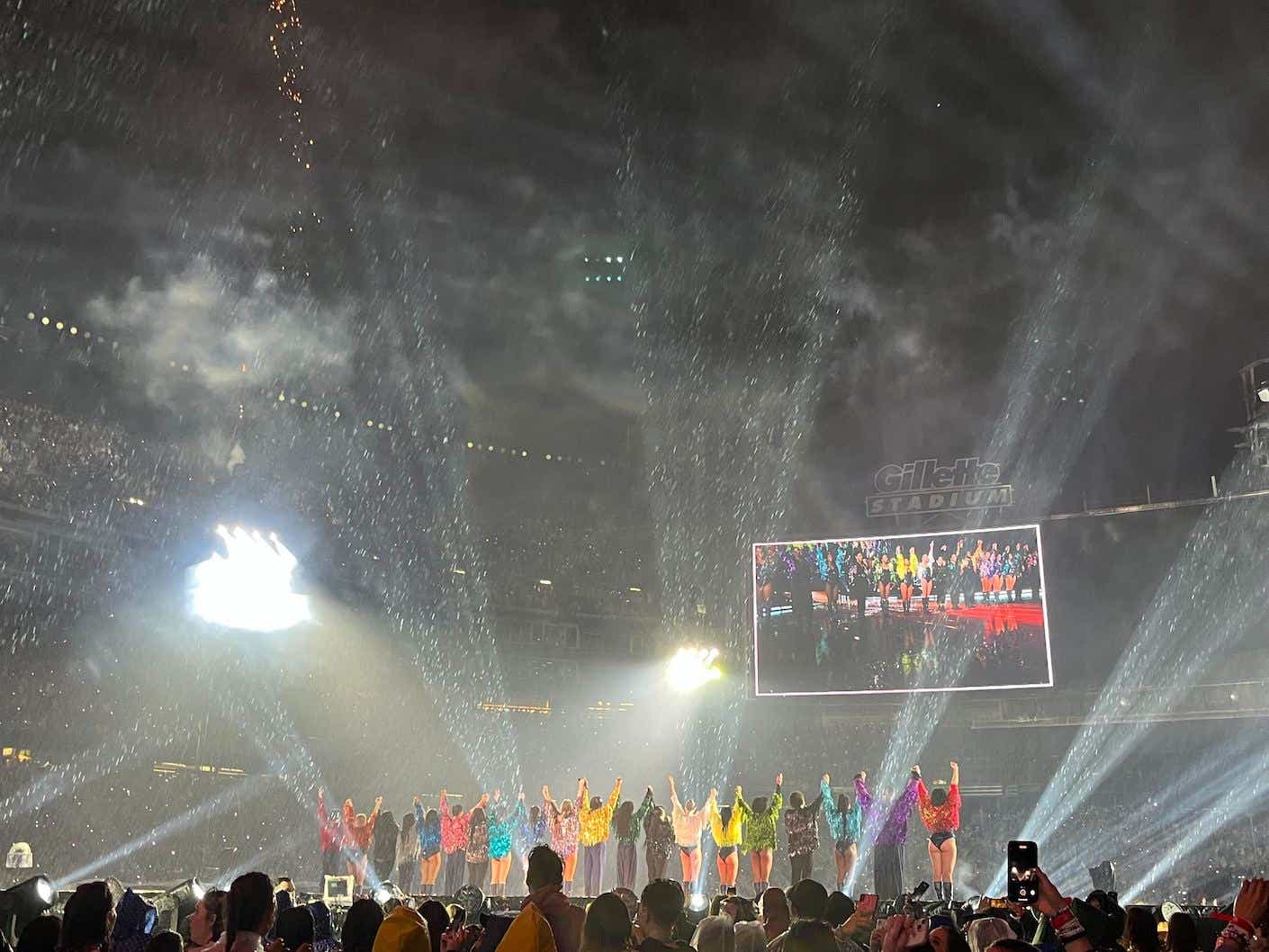
Her music has been my moral and professional compass, my sounding board, my security blanket, my constant, and I know I’m not the only one who feels this way. In a recent New York Times piece titled “Taylor Swift Has Rocked My Psychiatric Practice,” psychiatrist Susan Garfinkle-Crowell writes, “[Taylor] is both the lucky one you want to be and every bit the anti-hero you are inside…I’m glad, both for my patients in their midnights and for their populous, shimmering community, that they have someone so articulate, so generous and so endlessly present to talk to.”
Anywhere Taylor goes, a safe space follows. Her altruism doesn’t stop with her music: She’s invited megafans to her home for private listening parties (known among Swifties as the Secret Sessions). She’s identified fans who needed help paying their tuition and cut them a check for the exact dollar amount. She’s sent teachers sizable Christmas gifts out of the blue. She continues to “like” and leave comments on fan-made videos. And she manages to be a moneymaking powerhouse, adding billions of dollars to the economy and gifting her crew (truck drivers, crew, backup dancers, and vocalists) a total of $55 million in bonuses.
Regardless of her unmatched success and profitability, I’ve still found that my near expert-level knowledge of Taylor’s career is trivialized, often met with a demeaning, “That’s nice.” I can’t help but think that if an uncle of mine had a wealth of knowledge about AC/DC or Paul McCartney, he’d be The Man, treated like a rock and roll historian with a hobby well worth his time.
One of my favorite poets, Audre Lorde, once wrote, “The master’s tool will never dismantle the master’s house,” a reminder to women that equality will only be achieved by working outside of a patriarchal system. And this summer we’ve seen just that, not only with Taylor’s tour. Greta Gerwig’s Barbie brought in $155 million during opening weekend. Beyoncé’s Renaissance Tour has sold out 57 shows, and Oprah Winfrey recently described it as “transcendent.” And the country is currently rallying behind the U.S. Women’s National Soccer Team as they defend their title, the first World Cup since their fight for equal pay.
It feels so good to celebrate these women who all bring a Don’t fuck with me, fellas energy to their industries.
“The worst kind of person is someone who makes someone feel bad, dumb, or stupid for being excited about something,” Taylor once said. And it has been so fun to be able to do that for the last six months. Her permission to unabashedly be a fan, to dress up for every show, to search for easter eggs in photos and captions, is maybe the greatest gift she has given us.
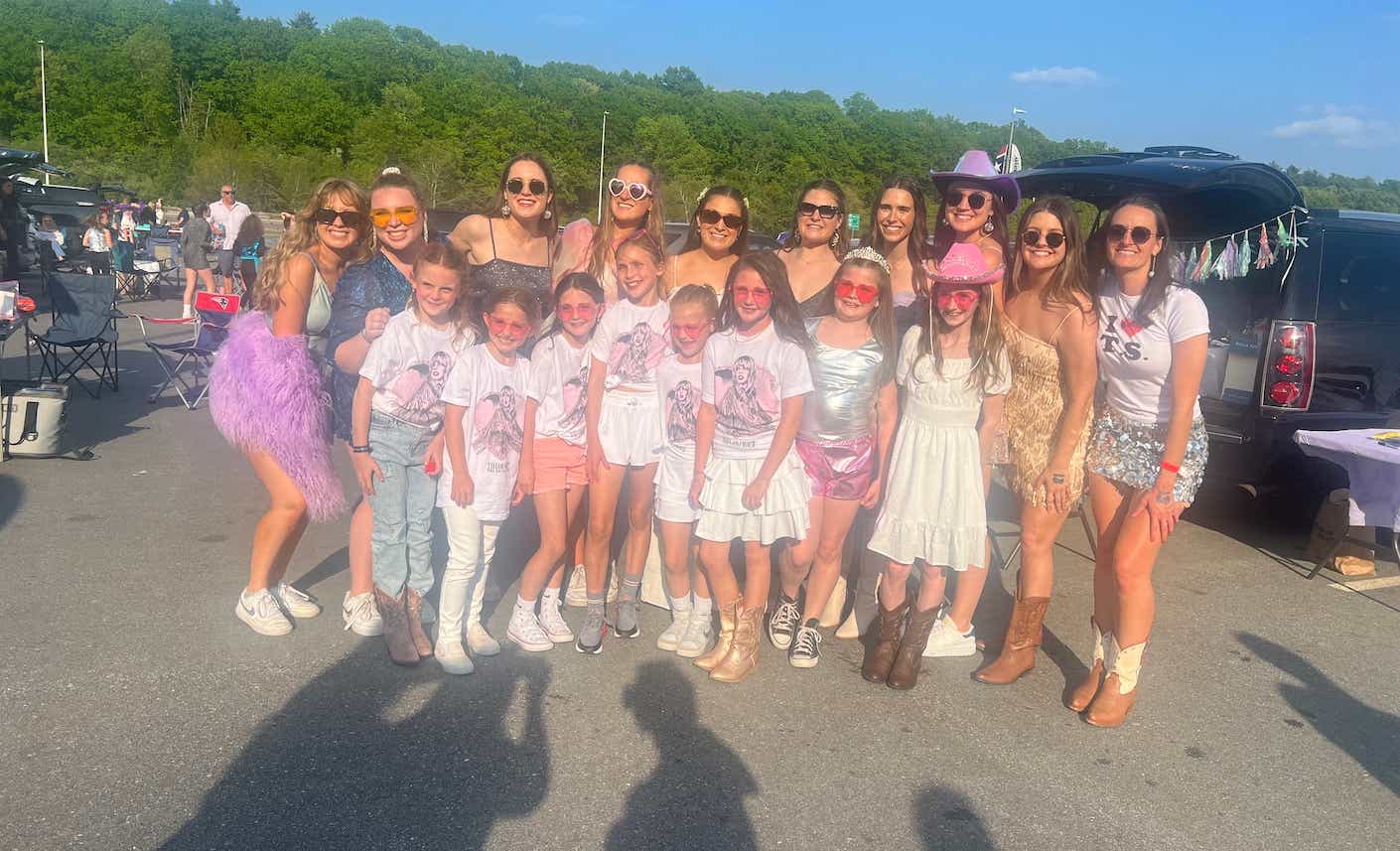
On the afternoon of the Sunday Eras show, our group of 20-somethings set up in the Gillette Stadium parking lot to tailgate before the concert. Slowly, girls no older than nine began to approach our camp to exchange friendship bracelets and belt out their favorite bridges. They told me it was their first concert, more than 13 (yes, 13) years after I went to my first show. And all I could think was how excited I was for the lifetime of fandom they have ahead of them.
Kate McLaughlin contributed to this piece.







